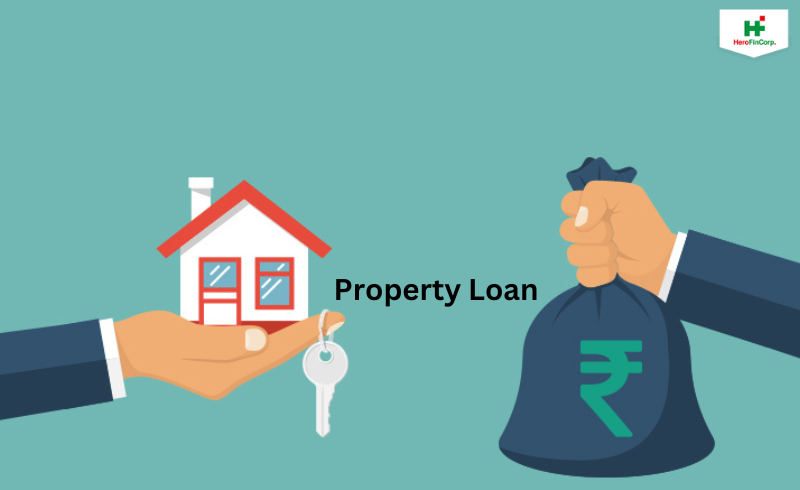In this ever-evolving landscape of mortgage options, considering a Loan Against Property, commonly called Property Loan, can often pose several questions and apprehensions. One of the primary concerns of borrowers is understanding their borrowing capacity to unlock the door of required financing.
Lenders have specific requirements for borrowers looking to obtain a Property Loan that assess their eligibility.
Assess Borrowing Capacity for a Loan Against Property
Following are the common eligibility parameters set by lenders for a Loan Against Property:
- Property Value and Condition
Generally, lenders accept property as collateral valued above Rs.50 lakhs. Also, its maximum age should be 50 years. It can be a building, piece of land, factory, shop, apartment or other residential/commercial property.
- Property Title
Borrowers should ensure that the title of the pledged property should be in their name. The title must be clear from any litigation or debts. Otherwise, the loan application tends to be rejected.
- Property Insurance
Lenders accept the property as collateral only if an insurance company has insured the property against fire and other hazards. Therefore, you must buy an insurance policy for your property before applying for a loan.
- Age Factor
Individuals residing in India, aged between 25 years (at the time of making loan application) and 75 years (at the loan maturity) can apply for a Property Loan. Younger individuals have more chances to get approved for a Property Loan. Borrowers can apply for a short-term or long-term Property Loan depending on their age. For instance, if the borrower is 65 when applying for a loan, the maximum loan repayment tenure can be 10 years. However, lenders offer reverse Mortgage Loans with a tenure option of 15 years. It is primarily a Loan Against Property for pensioners/senior citizens, making their post-retirement period easy.
- Occupation and Income
Most lenders provide Property Loans only to self-employed professionals and business entities. Service providers, traders, retailers, and manufacturers with a regular income can pay loan EMI timely and apply for a Loan Against Property. The business must be continued for a minimum of three consecutive years.
- Debt-to-Revenue Ratio
The debt-to-revenue ratio focuses on a company’s financial performance. It should be less than 50% to meet the defined eligibility criteria for a Property Loan, indicating sound repayment capacity. If a business makes a consistent income and is not burdened with multiple debts, it can easily maintain a low debt-to-revenue ratio and enhance its Property Loan eligibility.
- Ability to Produce Required Documents
Property Loan applicants must be able to submit the required documents to the lender with the loan application:
- PAN (Permanent Account Number) Card
- Identity Proof
- Residence Proof
- Complete series of property-related documents
- Trade licence, certificate of practice, partnership deed, Excise/ Service Tax Registration/ Sales Tax/ VAT, business registration certificate issued by the RBI (Reserve Bank of India) or SEBI (Stock Exchange and Board of India)
- Previous three years’ ITR (Income tax return), Income Statement, P&L Statement, and Balance Sheet
- Previous six months’ bank statement
Understanding eligibility conditions help property owners take all the necessary steps for a smooth loan application. Most reputed lenders also provide a Loan Against Property for pensioners/senior citizens. Potential borrowers can utilise an online loan eligibility calculator to determine eligibility and secure a Loan Against Property to meet varied financial needs.


